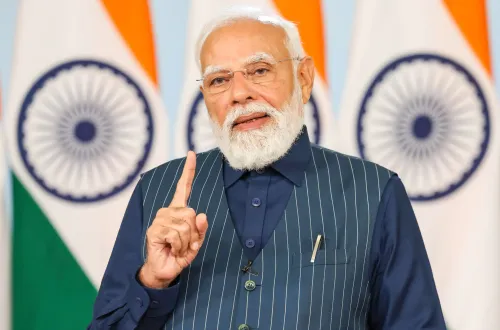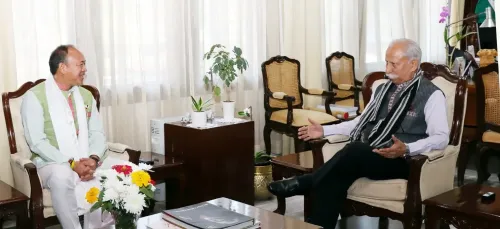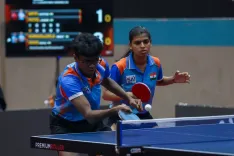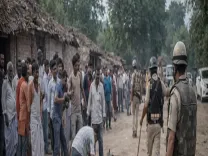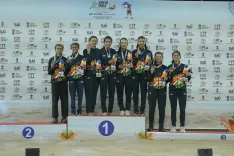DUSU Elections 2025: Will Voter Turnout Rise Beyond 12%?
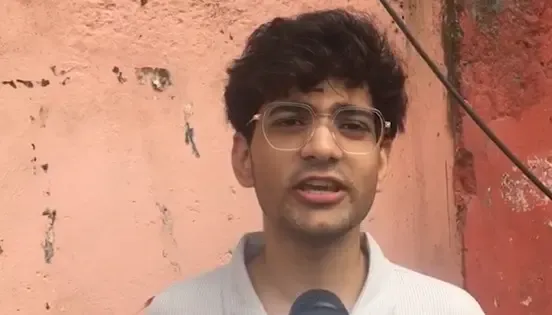
Synopsis
Key Takeaways
- Voter turnout is currently at 12%.
- Students demand Metro passes and improved infrastructure.
- Three female candidates are contesting for the DUSU President position.
- The elections highlight the importance of student representation and voice.
- Results will be announced on September 19.
New Delhi, Sep 18 (NationPress) The polling for the Delhi University Students' Union (DUSU) elections commenced on Thursday, generating excitement across both North and South Campuses. By midday, the estimated voter turnout was around 12 percent, with long lines at various colleges despite the humid weather.
This year's elections have prominently featured student demands, which include the implementation of Delhi Metro concession passes, affordable hostel options, enhanced infrastructure, upgraded sports facilities, improved sanitation, dependable water supply, and high-speed Wi-Fi.
The competition is intense, with nine candidates vying for the coveted position of DUSU President.
Notably, three of the candidates are women, indicating a positive change in gender representation.
Both leading student organizations, the National Students’ Union of India (NSUI) and the Akhil Bharatiya Vidyarthi Parishad (ABVP), have nominated women candidates, raising hopes that the long-standing record of Nupur Sharma, the last female DUSU President in 2008, may finally be surpassed.
On polling day, Congress spokesperson Ragini Nayak visited North Campus, rallying support for the NSUI. “The NSUI's voice resonates not just within the campus but throughout Delhi,” she asserted. “We’re optimistic about winning all four seats. Our candidates have consistently prioritized student-centric issues, and we will carry this momentum into the Bihar Assembly elections,” she added.
Students on campus shared a blend of optimism and concern with IANS. “We’re backing ABVP because they have always prioritized student welfare,” said one student. “There’s a sense of excitement. The candidates this year possess a stronger social media presence, which aids in connecting with voters.”
Another student commented, “Our college is lacking clean restrooms, sufficient water supply, and Wi-Fi. These essential amenities need urgent attention. ABVP appears focused on these real issues.”
Emphasizing the need for inclusivity, a student stated, “ABVP has nominated two women candidates this year. We have advocated for equality—regardless of gender or background—and seek representation that reflects this.”
Concerns about escalating fees were also voiced. “DU fees range from ₹15,000 to ₹2 lakh, while JNU, where ABVP is in power, charges significantly less. NSUI promised to lower fees but spent ₹22 lakh on 'chai'—where's the accountability?” another student remarked.
Voting will occur in two shifts: 8:30 A.M. to 1 P.M. for day classes and 3 P.M. to 7:30 P.M. for evening classes. Approximately 2.8 lakh students are eligible to participate in the elections, with results set to be announced on September 19.




